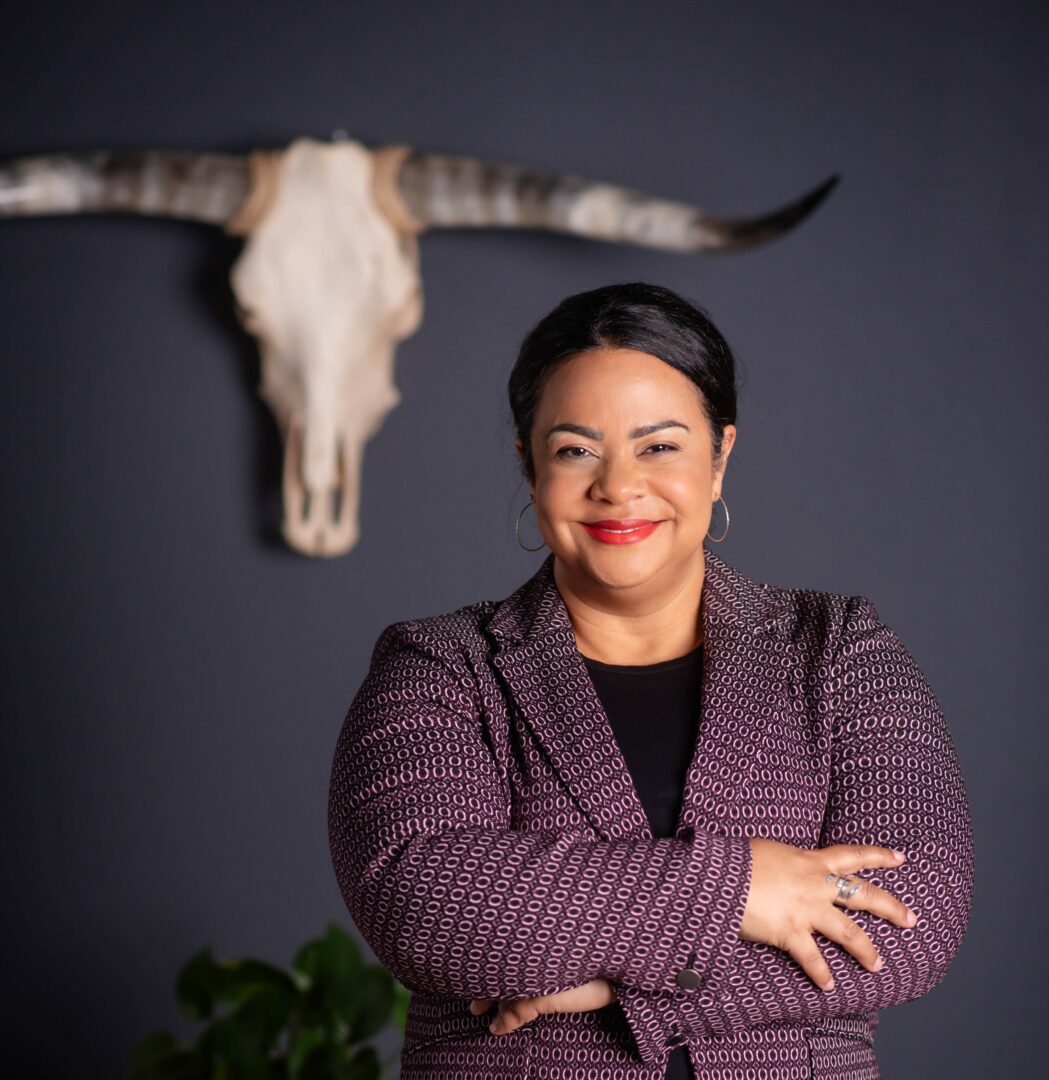Alright – so today we’ve got the honor of introducing you to Fr. Jared Cramer. We think you’ll enjoy our conversation, we’ve shared it below.
Fr. Jared, thanks so much for taking the time to share your insights and lessons with us today. We’re particularly interested in hearing about how you became such a resilient person. Where do you get your resilience from?
One of the lessons I learned early in my ministry was that my sense of calling and foundation has to be in my connection to the divine, as I have experienced the divine in Triune God. My siblings in Buddhism, along with the great mystics of the church, teach of the danger of attachments. In the mystical tradition, we call this “spiritual poverty,” which involves a detachment from worldly possessions, desires, and attachments in order to fully rely on God and experience spiritual richness.
As a priest, whenever I am too attached to outcomes, or something being the way I want it to be in the church, or people to respond to me a certain way, I inevitably head down a dark road of frustration, anger, or sadness. But when I am willing to be present in a good way, curious about what God is doing, being as good of a person as I am no matter the opinions others may form about me, this grounds me more in God. It also means I’m more able move out of binary thinking when it comes to problems and issues and start to see third options I had not considered on my own.
Appreciate the insights and wisdom. Before we dig deeper and ask you about the skills that matter and more, maybe you can tell our readers about yourself?
I’m the rector (our church’s term for the priest in charge) of St. John’s Episcopal Church in Grand Haven. I grew up in Grand Haven, graduating from Grand Haven High School in 2000 before moving away to do college and then graduate school. Along the way, I left the fundamentalism of my youth and discovered The Episcopal Church. When I saw that the parish in my hometown was hiring, I thought I might as well put my name in thought, at 27, I was sure I was probably too young. However, the discernment with the parish was rich and full and they called me to come and serve them. I’ve been with them for close to fourteen years now.
What I love about The Episcopal Church, and what drew me in when I was disillusioned with much of evangelicalism in my twenties, is our church’s curious blend of deeply traditional and boldly progressive. In some ways, we are a deeply traditional church. We find our roots in the early Christians who first came to Britain. We have bishops, priests, and deacons. We celebrate mass and on special feast days you’ll find chanting and incense. We believe in the sacramental life of the church and embrace mystery and mysticism. At the same time, we don’t believe there is a time when the Holy Spirit stopped calling the church to deeper faithfulness and so we seek to be attentive to that voice. That’s why we began ordaining women as clergy in the 1970s. We started being attentive to the experiences of our LGBTQIA+ members as early as the 1980s, reaching a point when we elected our first openly gay and partnered bishop in 2003–over twenty years ago now! The theological tradition of Anglicanism has always held that the life of the mind and the life of faith go hand in hand. So in the early twentieth century, when so many Christian traditions were embroiled in battles against evolution, it simply did not rock our church at all. Our theologians simply noted that evolution is a compelling scientific explanation for how we came to be… but it is faith and the Bible that helps us answer the why.
This ancient future faith is certainly not for everyone, and that’s why we are also “religiously non-competitive.” But for those who are hungering for a faith that is rooted in something older than the current passing ideas and yet is always asking how we might be called to reform again in our generation, Anglican Christianity and The Episcopal Church can be a great place to find a spiritual home.
If you had to pick three qualities that are most important to develop, which three would you say matter most?
The most important qualities in my own experience have been: curiosity, tenacity, and compassion.
Anytime in my life when I stop being curious I generally stop seeing the fullness of reality in front of me. For much of my evangelical upbringing, being a person of faith meant finding out the one correct way to believe and then convincing everyone else to follow it. I was rarely curious about other perspectives on faith. However, in my twenties, as I started to hear perspectives that were not my own… but did not seem wrong… I started to get curious and discovered that the world is much richer than I thought. Similarly, as a pastor, when I think I should charge in and make things go a certain way, it tends to go sideways. But when I am curious about what is going on and what options might be out there, new perspectives open up and challenges cease being battles to be won and become opportunities to discover and learn new things.
Tenacity is what enables me to keep working when the challenges might otherwise make me want to turn aside. It is a quality that helps build, determination, and adaptability needed to navigate the challenges of ministry and lead more congregation effectively. It enables them to persist in their faith, commitment, and efforts to support and nurture my community of faith.
Finally, compassion, truly feeling for others, is at the heart of good pastoral work and my own life. Whenever I feel anger or frustration at people or circumstances, if I can cultivate compassion for them, seeking to imagine what their experience might feel like for them, I come to a softer instead of harder place. This includes self-compassion for oneself when struggling with failings, doubts, or limitations. In the end, I am a child of God seeking to serve God and my neighbor best–compassion for others and myself helps me root my life in God’s love for all of us instead of anyone’s perfection, skills, or agreement with me.
As we end our chat, is there a book you can leave people with that’s been meaningful to you and your development?
One of the most important books to my spiritual development was “The Ragamuffin Gospel” by Brennan Manning. In the book, Manning emphasizes that God’s love for humanity is unconditional and not dependent on our performance or worthiness. One of the great ways Rich Mullins summarized his book was saying, “There is nothing you can do to make God love you less, and there is nothing you can do to make God love you more.” Manning challenges readers to embrace this truth and live in the freedom it brings. He presents the concept of radical grace, which is freely given by God to all, regardless of their past mistakes or shortcomings. He encourages readers to accept and experience this grace in their lives. The whole book offers a powerful message of hope, grace, and love, inviting readers to experience the transformative power of God’s unconditional acceptance. It speaks to the deep longing for love and belonging that resonates within every human heart, offering a compelling vision of life lived in the light of God’s grace.
Contact Info:
- Website: https://carewiththecure.blogspot.com
- Facebook: http://facebook.com/jared.cramer
- Linkedin: https://www.linkedin.com/in/jaredccramer/
- Twitter: http://twitter.com/frcramer
- Youtube: http://youtube.com/sjegrandhaven
- Other: https://www.amazon.com/stores/Jared-C.-Cramer/author/B003UP0TVC











